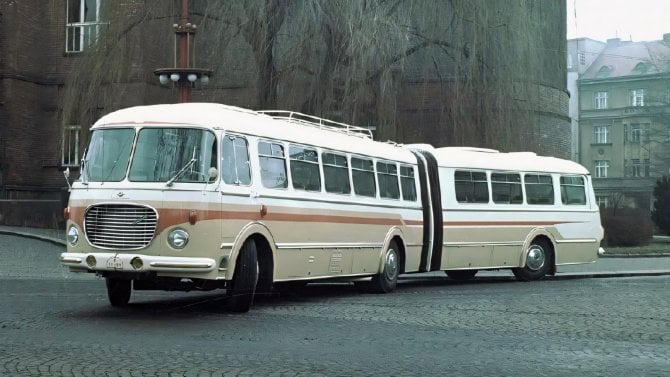Nov 8 (Reuters) - Czech President Vaclav Klaus appointed rightist leader Mirek Topolanek as prime minister on Wednesday, the second time he has done so since a June general election left parliament deadlocked.
Following is the constitutional process for forming a new cabinet and the path to a possible new election:
NEXT MOVE
Topolanek must now begin the process of forming a cabinet. There is no time limit set for him to do this, but since he has failed once already, and the country has been without a government for five months, Topolanek is expected to move quickly.
His two main options appear to be forming a coalition government with the centrist Christian Democrats and the Green Party, or making a deal with the leftist Social Democrats to support a minority rightist government.
The first option is more likely since Topolanek has several times ruled out a deal with only the leftists, who are led by his bitter rival, Jiri Paroubek. Topolanek would be willing to include Paroubek in a four-party coalition, but the former leftist prime minister has ruled out this option.
A three-party centre-right government would have only 100 seats in the 200-seat lower house, and thus must have at least one deputy from the left cross the floor or abstain from voting to win a confidence vote.
GOVERNMENT APPOINTMENT
Once Topolanek has worked out a deal and formed his government, he presents it to Klaus. Once the president officially appoints the government, it has 30 days to seek a confidence vote in the lower house. It needs a simple majority of those deputies present to win confidence.
THIRD ATTEMPT
If the second attempt also fails, the president appoints the third prime minister on the recommendation of the speaker of the lower house. The third government again must seek confidence. The current speaker is a Social Democrat and he was sworn in under an agreement among parties that he would step down before it was his turn to nominate a prime minister. If this agreement holds, the five parties in parliament must once again agree on a deal for a new speaker, who would then make the nomination.
EARLY ELECTION
The president can dissolve the lower house if it fails to give confidence to the third government in a row. A new election would be called within 60 days.
Parliament and the president do not necessarily have to wait for all three attempts to fail.
Early elections could also arise through a constitutional change, where a three-fifths majority in both the lower house and the Senate agree to shorten the lower house's term.
This was done to call an early election in 1998. ((Reporting by Alan Crosby; Editing by Robert Woodward; prague.newsroom@reuters.com; Reuters Messaging: alan.crosby.reuters.com@reuters.net; +420 224 190 477))
Keywords: CZECH POLITICS




 Na český trh vstoupil další elektromobil, který má ambice nahradit Golf nebo Octavii. EV4 ujede přes 600 km a stojí pod milion
Na český trh vstoupil další elektromobil, který má ambice nahradit Golf nebo Octavii. EV4 ujede přes 600 km a stojí pod milion
 V Evropě se objevil návrh na to, jak od elektromobilistů vybrat peníze, když neplatí daně z paliva. Zdanit se má soukromé nabíjení i ujeté kilometry
V Evropě se objevil návrh na to, jak od elektromobilistů vybrat peníze, když neplatí daně z paliva. Zdanit se má soukromé nabíjení i ujeté kilometry
 Test Citroen C3 Aircross: Na velikosti záleží
Test Citroen C3 Aircross: Na velikosti záleží
 Po stopách prototypů československých užitkových vozidel. Dochovalo se jich jen minimum
Po stopách prototypů československých užitkových vozidel. Dochovalo se jich jen minimum
 Nastavoval intenzitu elektronické cigarety za volantem, dostal pokutu. Podle soudu je e-cigareta mobil
Nastavoval intenzitu elektronické cigarety za volantem, dostal pokutu. Podle soudu je e-cigareta mobil
